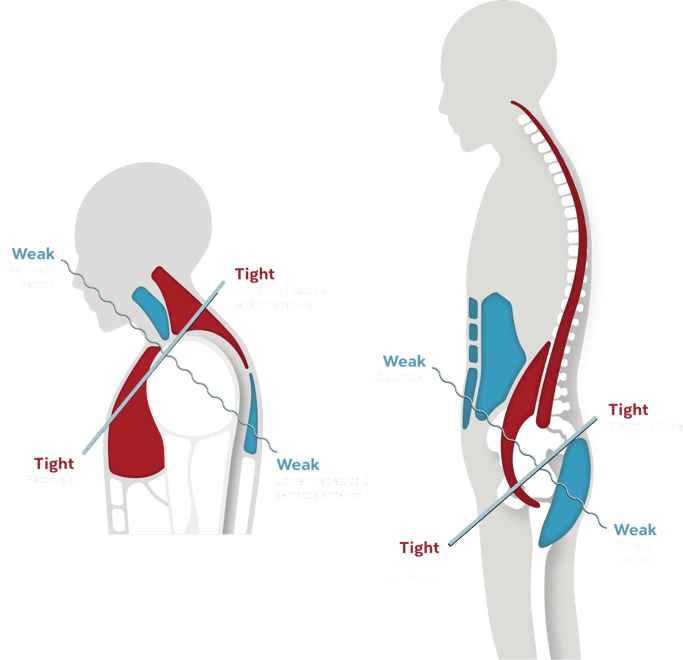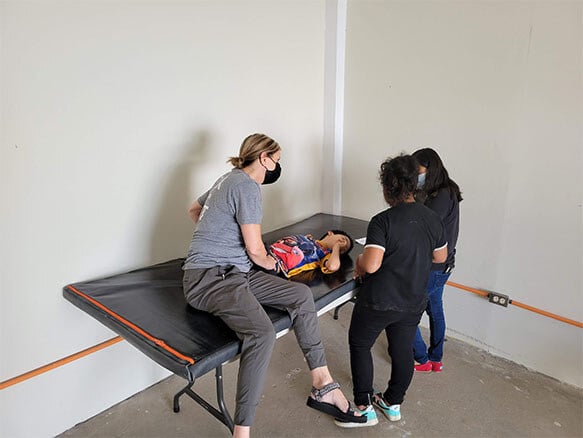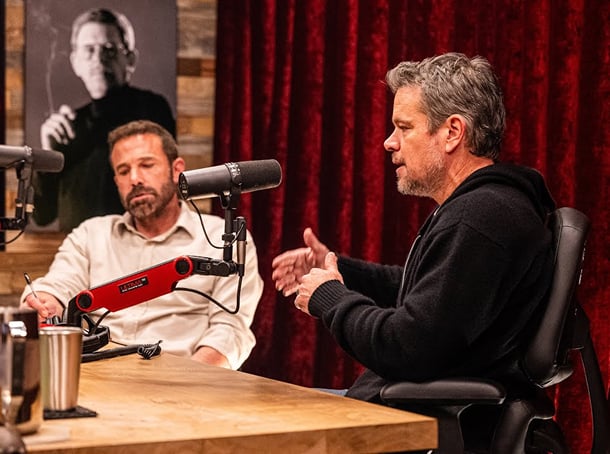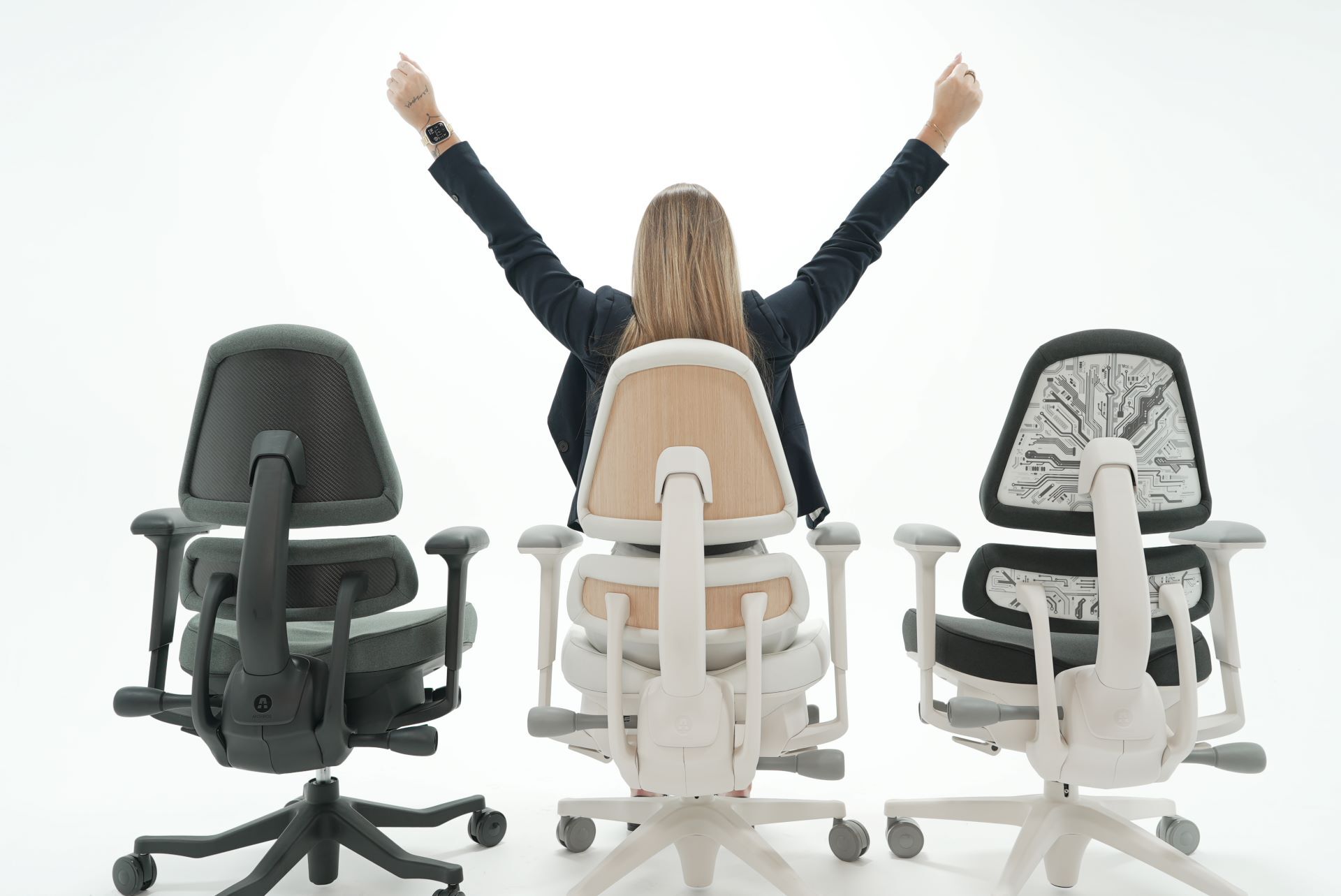The Results of Poor Posture
Many of us work in positions that require us to sit all day. And most of us sit in traditional office chairs that simply don’t support our bodies where it’s needed.
And we slouch.
Day after day we slouch and, over time, this slouching changes us. We feel aches and pains that we didn’t have before; we feel tightness that keeps getting worse.
What’s happening is that our body is adapting to the slouched position. Some muscles are tightening, while others are weakening, creating MUSCLE IMBALANCE.

Upper Body Imbalance
The key muscles in the upper body affected with prolonged slouched sitting are seen below:
The typical posture is rounded shoulders with a forward head. The pectoralis (chest muscles) and upper trapezius and levator scapula (upper back muscles) become very tight. And the neck flexors and lower trapezius/serratus anterior (middle back muscles) become very weak.
The symptoms of this posture may include:
- Neck pain
- Shoulder pain
- Decreased range of motion of the shoulders, mid-back, and neck
- Feeling tightness or discomfort with shoulder or neck movements
Lower Body Imbalance
When we think of slouched sitting posture, we often notice the symptoms of upper body imbalance, but we must also consider the impact on the lower body!
Sitting in the slouched position over time will result in tight back extensors, and hip flexors, and weak gluteus maximus and abdominals. This results in an imbalance in the lower back and hips. Although the symptoms are often less obvious than in the upper body, the weakness of these muscles can result in pain or injury when running, bending, or lifting objects.
What Can I Do?
If my job requires me to be at a computer most of the day, and if changing jobs is not an option, it seems that I’m doomed to have poor posture. But that’s not true!
Remember I mentioned that traditional office chairs don’t support our bodies in the right places. But there is an alternative!
Anthros has developed a revolutionary office chair that has been registered with the FDA as an orthotic device.
It was designed with long-term sitting in mind and meant to support the body in all the right places to promote good posture.
Recent Post

Anthros Decompress Mode: A New Way to Sit, Move, and Recover
December 23, 2025Adding a cushion to your office or gaming chair...

Four Lessons About Seating Everyone Can Learn from Wheelchair Users
September 18, 2025Working with wheelchair users has been an...










